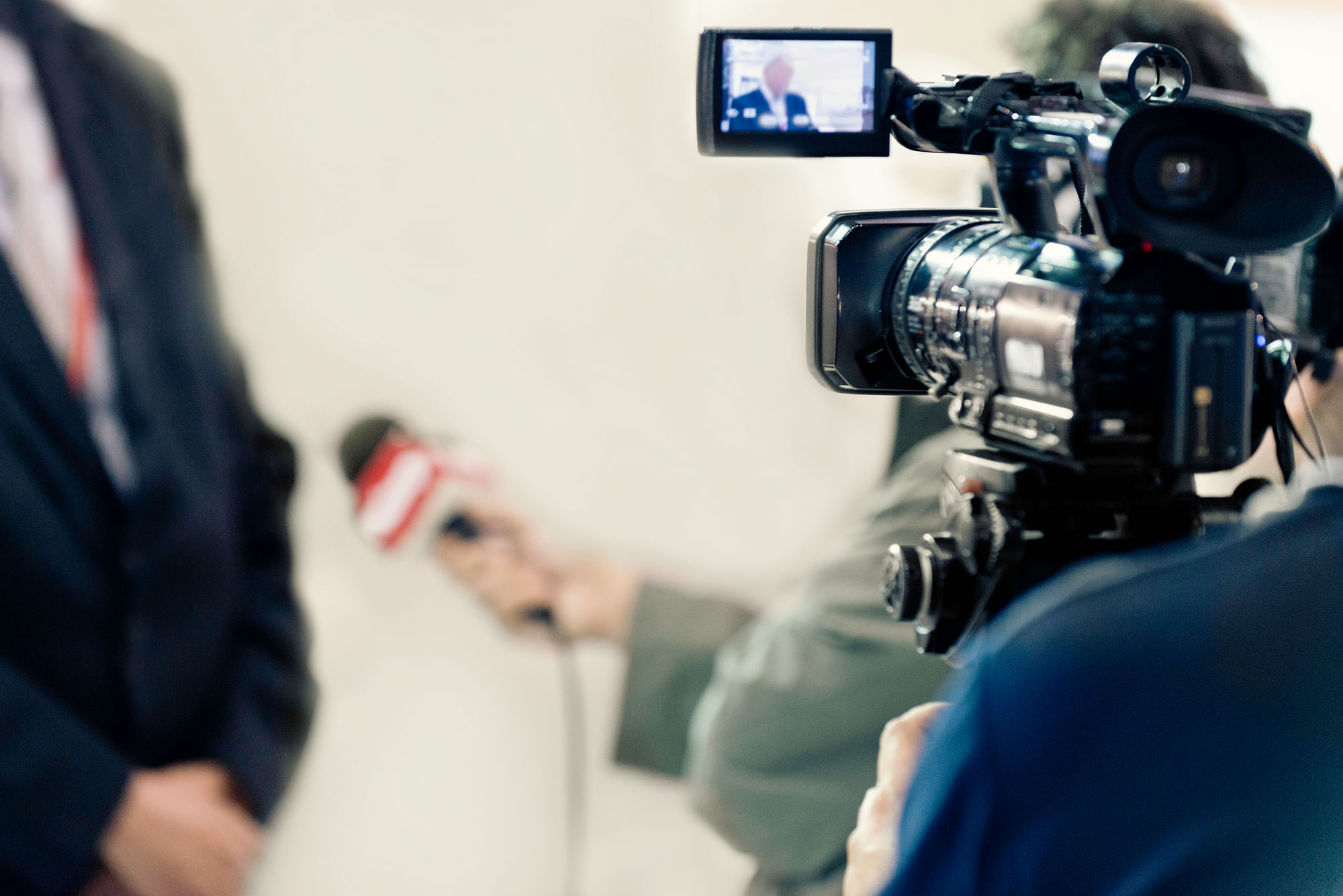53 Mumbai Journalists COVID-19 Positive: Safety Tips for the Field
53 Mumbai Journalists COVID-19 Positive: Safety Tips for the Field

Journalists have been putting their lives at risk stepping out and bringing important coronavirus related news to the people back home. Just how risky the job is, was revealed when the Brihanmumbai Municipal Corporation (BMC) in Mumbai tested 167 journalists from news organisations across the city. Of 167, 53 have tested positive, with more results awaited. That's nearly 32 percent of those tested, having come back positive. A reporter tells FIT that majority of them are asymptomatic.
This information was shared by Brihanmumbai Municipal Corporation’s health committee member Amey Ghole to HuffPost India.
This includes reporters, cameramen of news channels and photojournalists.
Earlier, 3 journalists tested positive for COVID-19 in Chennai and now Karnataka wants to test journalists as well.
If you are reporting from COVID affected regions, here are some safety tips you should keep in mind.
Safety Guidelines for Journalists
Unicef has listed the following guidelines for those reporting from the field:
1. Hand washing
Wash your hands as often as you can with soap for at least 20 seconds. If there is no water, carry wet wipes and then use an alcohol based sanitizer. Wash your hands after reporting as soon as you can. Don’t forget to sanitize your mobile phone using alcohol-based sanitizers.
2. Distant recording
If a government spokesperson, senior official or minister is giving a statement, agree among yourselves to record them from at least six feet away. Try to stand without huddling. Better still, convince dignitaries to conduct digital press conferences with questions from journalists taken up live. There are plenty of technological platforms available to make this happen.
3. Avoid lapel mics
Avoid clip-on mics to avoid physical contact and to maintain appropriate distance. Use directional mics as much as you can and hold it from a distance.
4. Hand-held shots
If you are in a contaminated facility, do not place your equipment on the floor. Do a hand-held shoot.
5. Clean microphones
Radio and TV reporters please do not touch the mics at all. Use disinfectant solutions to disinfect the equipment after your return. After which hands must be washed with soap and sanitized.
6. On return
On your return from reporting remove your clothes immediately and take a bath. Wash your clothes in hot water and soak in disinfectant. Keep one pair of outdoor shoes that you remove at your door when you get home. Wash them whenever you can. Disinfect your belongings like purse, comb, key chain, note-book, pen, etc. and keep them somewhere near the entrance.
7. Public transport
If you are using public transportation, use sanitizer on your hands as soon as you get off. If you have access to water, then wash your hands with soap for at least 20 seconds. Do not touch your face without sanitizing your hands.
8. Eat well boiled food
Try and stick to locally sourced and well cooked/boiled food while on assignment.
9. Wear a mask
Wear a mask at all times when outside. You may consider wearing a mask in your office if it is open. You have no idea who has been exposed or where they’ve been. Change it as soon as it gets damp. Remove it from the elastic bands and do not touch the mask itself. Put the new one on by touching only the elastic bands. If possible, try to use N95 masks or you may make home-made masks.
10. Distant seating
At a press conference, try to get everyone to sit leaving two seats vacant between two people. If that’s not possible, stand maintaining a clear distance.
11. Don’t report on an empty stomach
Take time out to snack on fruit. Maintain a healthy diet and do not skip meals no matter how pressing the assignment may be. Do not travel or work on an empty stomach.
12. Use phone, mobile data and the internet to gather information
Try and get as much information gathering done on the internet and by phone. For the next few weeks, at least, we must avoid exposure as much as possible.
13. Hygiene in workstations
Your newsroom should maintain hygiene. Sanitizing surfaces twice a day with disinfectants is a must. All laptops, desktops, machines and surfaces should be disinfected. Have disinfectant at the entrance. Please sanitize your hands and equipment before entering the newsroom.
14. If you develop infection symptoms
If you experience onset of coronavirus infection symptoms, report this to your office, call a doctor and immediately self-isolate.
15. Work from home is a must for vulnerable
Pregnant women and elderly people should work from home.
16. Cover coughs and sneezes
Cover your mouth and nose with a tissue when you cough or sneeze, or use the inside of your elbow. Throw used tissues in the trash. Immediately wash your hands with soap. If soap and water are not readily available, clean your hands with a hand sanitizer that contains at least 60 per cent alcohol.
(At The Quint, we are answerable only to our audience. Play an active role in shaping our journalism by becoming a member. Because the truth is worth it.)